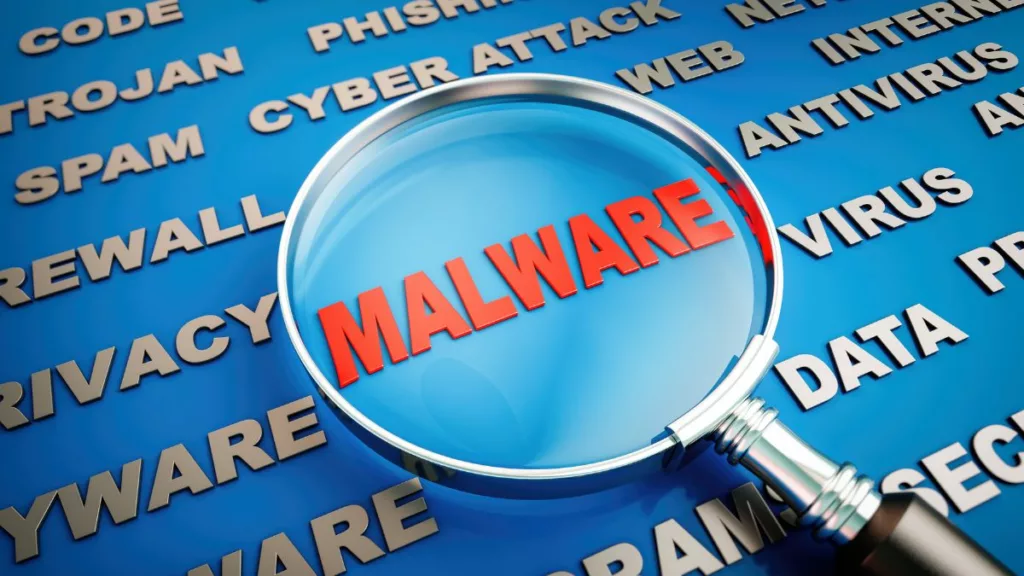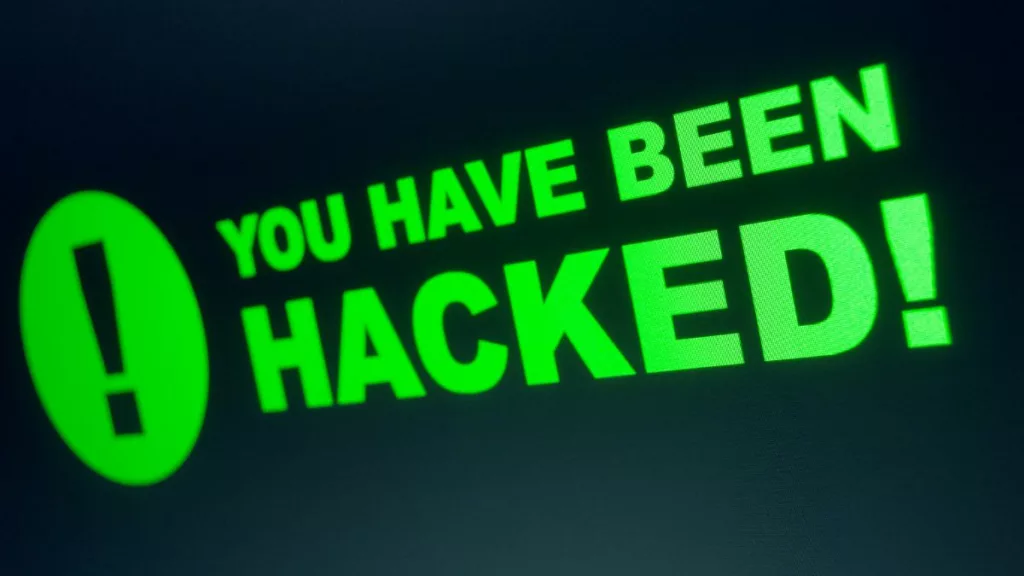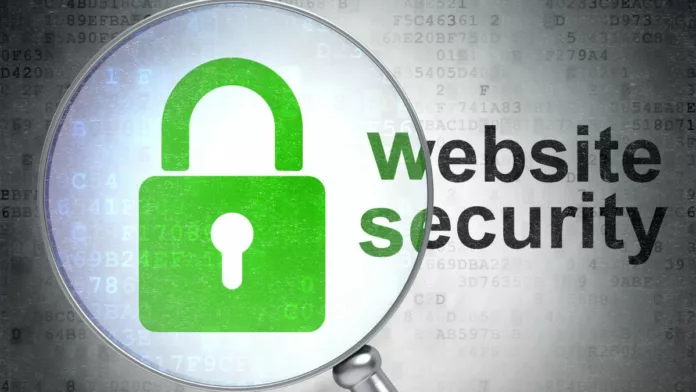When you first set up your Blog, what excites you the most?
Probably you are going full swing on your site design, logo and what not. Don’t get me wrong, they are still very crucial for your Blog.
You can’t ignore Choosing the right Themes, Designing your site, setting up your social accounts, etc.
The next thing you do is set up the about us page, privacy policy, terms of condition and all of that good stuff.
And Now, you find yourself writing you’re first ever Blog post.
But there is one thing that most people normally tend to leave behind, It’s called “SECURITY”
Most people take this as granted as if their site is invulnerable.
Here are some few reasons on why you should take your Website Security seriously as much as you take on SEO:
Table of Contents
Malware Attacks (XSS)
Let’s be honest here, Even the word Malware seems scary. Isn’t?
Malware is a software that is designed to gain access to or damage a computer or website, without even the owner knowing about it.
Have you ever received an email from someone you don’t know and it says click here.
I mean not all of them are from Hackers but sometimes it may be from one of them.
A knowledgeable hacker could be able to inject malicious code into their image or post that will execute when you or another user views it. But let’s say if that is the case When you open the email and click on their link containing zombie computer scripts.

The virus or the malware will infect your Computer and you may lose all the data. They may even hold your data for a ransom. You need to pay to get back your data or start all over again Or they may even delete, steal, modify or copy your data.
This happens all over the world.
Email is not the only source, There are literally thousands of different types of malware and even more thousands of different ways to infect your website and your computer.
Brute Force Attacks
In this type of attacks, they used a method called a trial-and-error method.
They normally used automated tools and software to generate a large number of consecutive numbers and letters guesses to obtain the Personal Identification Number (PIN) or user password.
In other words an attempt to decrypt any encrypted data in a very secure manner.
Never use your dog, kid, or address as your password.
Here is a List of the most used passwords:
- password
- dragon,
- 12345678
- 123456
- monkey
- qwerty
- abc123
- trustno1
- 1234567
- letmein, etc
Here are some steps to create a secure Password:
- Include Upper and Lower Case (WoPl)
- Use Symbols (@#^*&!)
- Include at least One Number (2356)
- Make it up to 16 Characters for optimal security
Change your Password from time to time.
The number of hacked sites rises rapidly

You need to be aware of the fact that the case for hacking is rising from day to day.
That is a huge concern and you cannot sit idly without doing anything.
According to a recent industry study report, it stated that more than 50 million websites worldwide are infected by virus or zombie scripts or malicious code, etc.
All websites need to secure their website but especially If your website is a business, then you need to pay extra attention to your security.
SQL Injection
This is also similar to the XSS attacks as we have mentioned before. But this time it heads for the database directly.
They can inject a malicious code into your website’s URL or they can also send it to your website database/ server directly.
In that way, they are able to gain access to your website database and delete, modify the data to it as they wish to do.
If your website is running a business and it contains all your clients and important data, you can get really screwed up.
Website gets blacklisted
If your website is not secure enough, Google may blacklist your site.
Have you ever visited a website and you suddenly see a warning that prompts to stay away from it, such as “This site may harm your computer”
That is one example of it.
In case if it does get blacklisted, you need to clean up your site and it may take a long time for your site to get relisted on Google.
So, don’t risk that.
Software Vulnerabilities
I don’t need to even remind this again, that you need to keep up-to-date with all your software such as the operating system, WordPress version, update the PHP version, web and database servers, etc
Even a single loophole can break your site.
Plugins
Sometimes even the simplest things can make the most major problems.
Last week of June, I was facing this problem in one of my site where the Yoast SEO, search engine preview was not available anymore.
I tried every method to solve it, but I couldn’t.
One of my friends recommend me to deactivate all the plugin and only activate the Yoast
When I do that, it suddenly works again.
So, I try activating one by one and see which plugin was causing the Problems.
Turns out, there was a plugin for table contents which I rarely even use, was causing all the fuss and it wasn’t the most popular table plugin, furthermore, it wasn’t updated in like months.
So, you need to make sure that whatever you are installing, make sure that they are authentic and problem free.
Also, Don’t use themes and plugins that are no longer updated for a long time and aren’t maintained anymore.
HTTPS
Google has recently stated that they are gonna mark all sites that have not migrated to HTTPS as not secure.
Furthermore they even publicly announced that they are taking HTTPS as a site ranking signal in the SERPS.
Here are some reason why you should migrate to HTTPS:
- Improved Security
- Updated Browser Labels
- Increased Conversions
- Increased Customer Confidence
So, you really need to migrate from HTTP to HTTPs if you haven’t yet.
CONCLUSION
Your Website security isn’t something that can be taken lightly.
Anytime it can be compromised.
It is not an option but a mandatory.
Always have a backup plan.
Make sure to keep a backup copy of your site and send it to a secure server such as your email, Dropbox, cloud, etc.
You can do this on autopilot by UpdraftPlus Plugin.
We hope this article scare you enough to take your security to the next level.
Please share it with your friends who haven’t take their website security Important yet!

